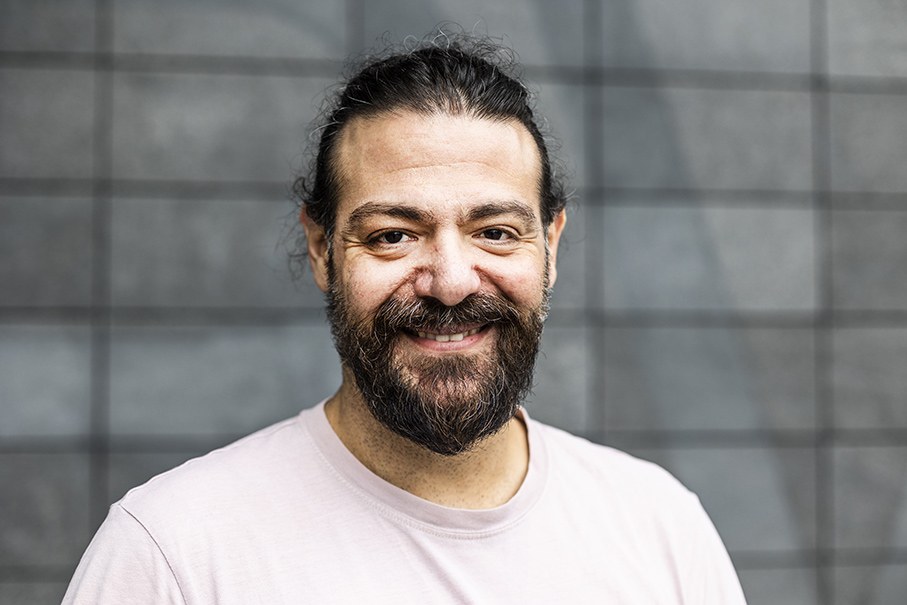FHAIVE is developing new methods and cooperation in toxicology

“Traditional toxicology produces useful data about the outcome of chemical exposures but provides only limited information on their mechanisms. However, it is this knowledge that is needed to design new chemicals and drugs which promote industrial innovation” explains Dario Greco, Professor of bioinformatics and Director of FHAIVE.
“The next generation of alternative methods – integrated approaches to testing and assessment (IATA) – is creating new ways for researching chemical safety by gathering and combining data from multiple sources. This new framework integrates cellular models with computational models and toxicogenomics, which are cutting-edge areas of toxicology,” Greco says.
“At FHAIVE, we want to make it clear that we are here, available and responding to current problems,” Greco mentions.
Research services for universities and businesses
“FHAIVE is primarily a research hub, but we also offer services to academic partners and companies,” Greco says.
FHAIVE’s experts have defined a set of research services that is offered to university researchers and industry partners.
Greco would also like to promote the commercialisation of academic research results through Good Laboratory Practice (GLP) validation. He says that he has seen many notable biomedical innovations at universities that companies or legislators are not interested in because they have not been validated or the technology that has been used has not been robust enough.
“We would like to be a mediator that talks with industry and asks what their needs are, and then comes back to the University setting to see who might have a model that fits a particular need. We can then validate relevant models developed in academia and facilitate their utilisation at industrial level. I hope that by acting as an intermediary we will increase interaction between industry and the University,” Greco says.
A national task to validate alternative methods
FHAIVE’s national mission is to validate alternative methods to animal testing. FHAIVE is a GLP-certified EU-accredited reference laboratory, which has been found competent to validate test methods and make them available for regulatory testing.
New methods are evaluated by the EU-NETVAL network in which FHAIVE is one of 35 laboratories.
Greco points out that validation is an important task and that FHAIVE is among the European leaders in this field.
Starting from January 2022, FHAIVE is also going to lead the Finnish 3Rs Centre, which promotes replacing, reducing, and refining animal testing through research, validation, training, and information dissemination.
EU funding confirms: FHAIVE is heading in the right direction
FHAIVE has received several major competitive research grants from the EU and the Academy of Finland, among others. Most recently, the EU Green Deal Programme funded the project SCENARIOS, where FHAIVE is partner, to work on agrochemicals using IATA methods.
“One of the EU’s key objectives is to create a greener and more digital society, and we are looking into ways to digitalise and modernise the chemical industry. Not many European research groups are equipped to conduct such studies,” Greco mentions.
“My second big ambition is to start a permanent conversation between regulators, industry and researchers on how we can cooperate to solve these problems. The sustainability of the Finnish chemical industry can be greatly improved, and at the same time, we will be putting Finnish industry to the global forefront,” Greco says.
FHAIVE presents its services to the University and businesses on 11 November at 2 p.m.

Photos: Jonne Renvall





